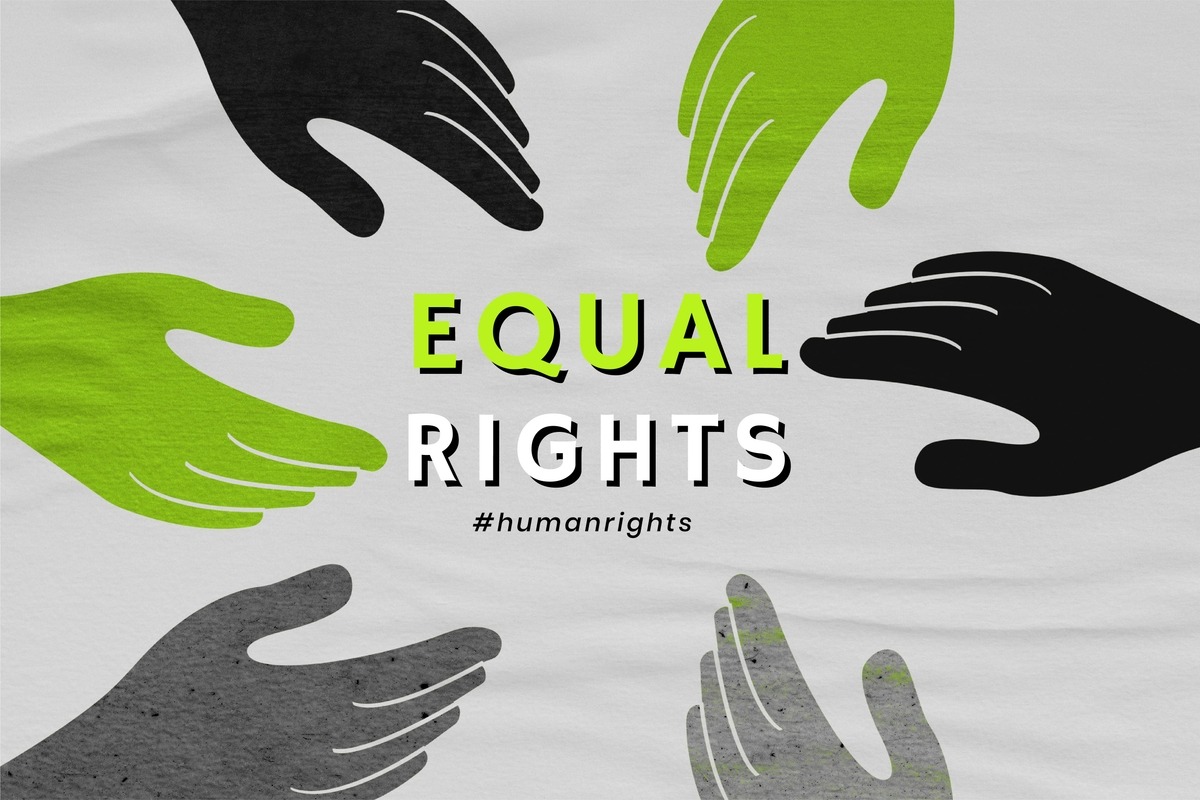
Empowering Women Through Global Standards
The choice of policies and agreements lays the foundation for economic empowerment of women worldwide. Global norms like the Beijing Declaration champion women’s independence, insisting on their equal access to resources, services, and opportunities. These commitments are not mere suggestions; they are essential frameworks to eradicate poverty among women and to enhance their roles as key development agents.
Equal Rights and Economic Justice
International Labor Organization (ILO) conventions provide critical standards protecting domestic workers, many of whom are women. The 2011 ILO Convention on Domestic Workers emphasizes their rights to fair labor practices, ensuring they receive basic work rights similar to other professions. This shift in labor laws represents a vital progression toward gender equality.
Historical Context: The Road to Gender Equality
The Commitments in the various conventions and declarations reflect a historical journey that recognizes the necessity of social and economic equality. This legislative evolution is fueled by growing awareness of women's economic roles and the systemic barriers they face, making it imperative to dismantle structures that perpetuate inequality.
Looking Forward: Trends in Women’s Empowerment
As we move forward, the conversation around women's economic rights continues to evolve. The international community is increasingly advocating for gender-sensitive policies that aim to uplift women in traditionally marginalized sectors. The recognition of women's contributions in all economic spheres forecasts a promising horizon for gender equality.
Conclusion: The Path Ahead
Understanding these global norms is not just beneficial but essential in fostering an inclusive and equitable society. By supporting legal frameworks that empower women economically, we pave the way for sustainable development that benefits everyone. It is time to engage and advocate for these life-changing standards in our communities.
 Add Row
Add Row  Add
Add 






 Add Row
Add Row  Add
Add 

Write A Comment